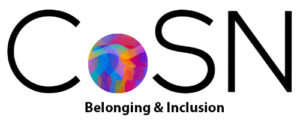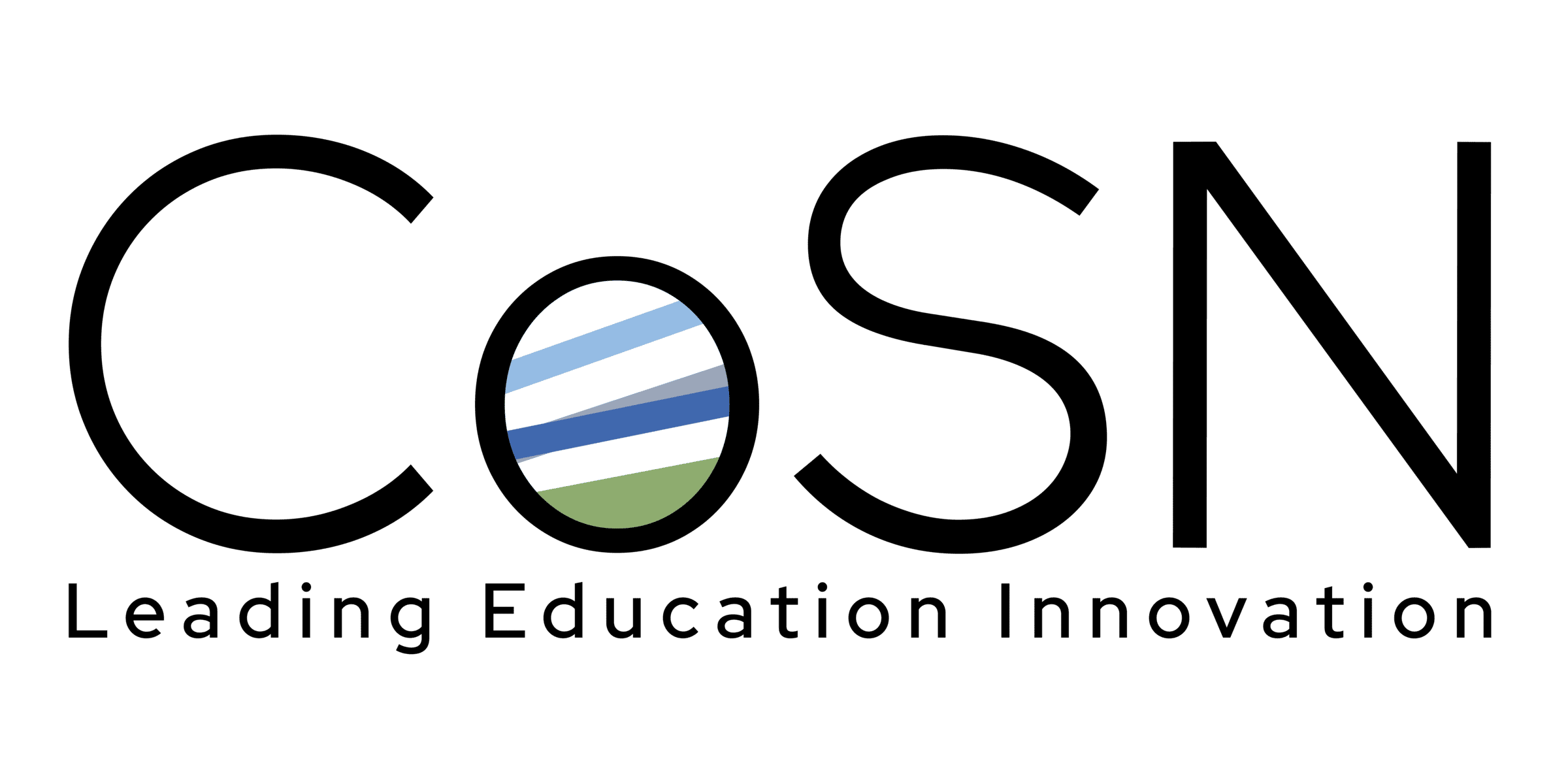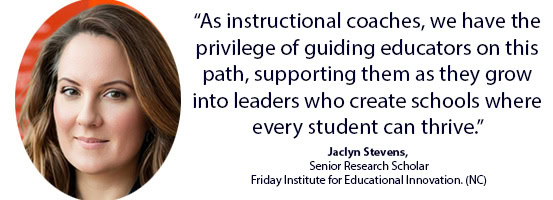As an instructional coach, I often witness the immense pressure educators face in addressing inequities within their schools. Access-focused leadership isn’t about quick fixes or prescriptive solutions; it’s about deep reflection, building trust, and committing to meaningful action. Through a recent workshop on access leadership, I was reminded of the importance of starting this work from the inside out. Below are four steps school leaders can take to move from reflection to action.
- Self-reflection: Access work begins with self-reflection. To lead effectively, we must first understand who we are and how our identities shape our perspectives. I often encourage educators to ask themselves: What aspects of my identity do I think about most often? Which do I rarely consider? How do my biases impact the way I interact with students and colleagues? These reflections are not easy, but they’re necessary. Tools like the Social Identity Wheel help educators explore the many layers of their identity—age, gender, ethnicity, socioeconomic status, and more—and how these factors influence their decisions and relationships. By holding up this mirror, educators can lead with greater authenticity and awareness.
- Trust: Building relational trust is the next step. Without trust, teams cannot tackle the difficult conversations access work demands. Trust is built through respect, personal regard, competence, and integrity. As a coach, I model these values by listening deeply, supporting teachers in their growth, and creating a safe space for collaboration. Relational trust allows educators to take risks, experiment with new practices, and work collectively toward equitable outcomes. One tool I often recommend is the Team Assessment Tool (Bryk & Schneider, 2002), which helps teams evaluate their current levels of trust and identify opportunities for growth.

- Taking Action: Moving from reflection to action is where access leadership comes to life. The National Project’s Leading Access emphasizes seeing, engaging, and acting. First, educators need to examine their data—student outcomes, discipline records, and participation in advanced courses—to identify inequities. Next, they must engage in conversations that connect the data to their practices and beliefs. Finally, they need to act with intention, interrupting inequitable practices and designing inclusive environments that support all learners.
- Include Student Voice: One of the most impactful aspects of access work is centering student voice. Too often, we make decisions about access without involving those most affected: our students. Creating opportunities for students to share their experiences, contribute to school norms, and lead initiatives is essential. Questions like Are all students represented in leadership roles? How do our policies reflect students’ diverse needs? guide these efforts and ensure students are active partners in creating equitable schools.
Access leadership is not a checklist but a lifelong journey. It requires educators to reflect on their own identities, build trusting relationships, and take bold, purposeful actions. As instructional coaches, we have the privilege of guiding educators on this path, supporting them as they grow into leaders who create schools where every student can thrive. Change doesn’t come from tools or mandates; it comes from the courage of educators to see themselves, engage with others, and act with intention. Together, we can make transformational leadership a reality.
AUTHOR: Jaclyn Stevens, Senior Research Scholar, Friday Institute for Educational Innovation (NC)
CoSN Belonging & Inclusion Committee Member
Jaclyn Stevens is a Senior Research Scholar at the Friday Institute for Educational Innovation. part of North Carolina State University College of Education. She coaches and assists K-12 educators, ITFs, and administrators to adapt, not adopt, fostering initiatives to transform professional learning through changes in pedagogical shifts and meeting the needs of all learners to champion creativity and innovation.
Published on: December 18, 2024
CoSN is vendor neutral and does not endorse products or services. Any mention of a specific solution is for contextual purposes.




